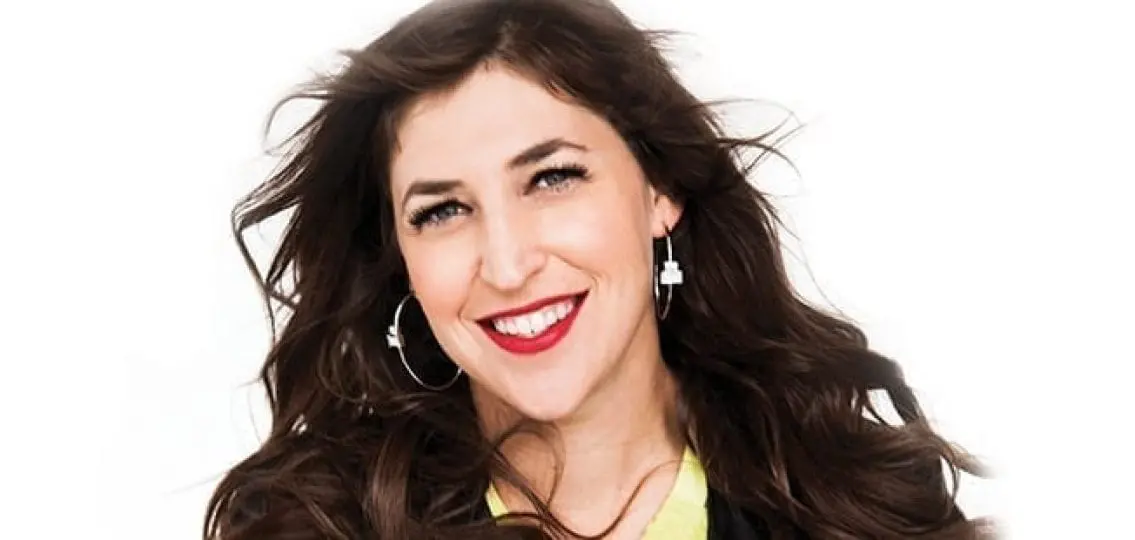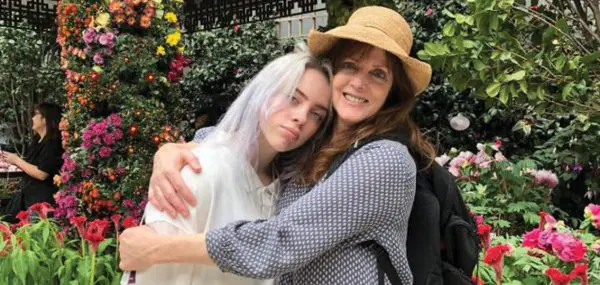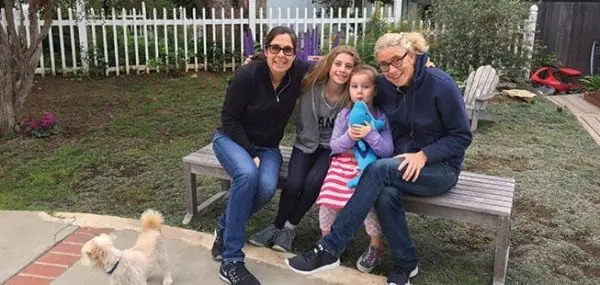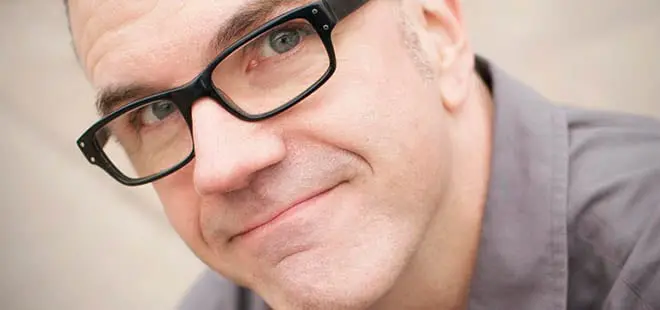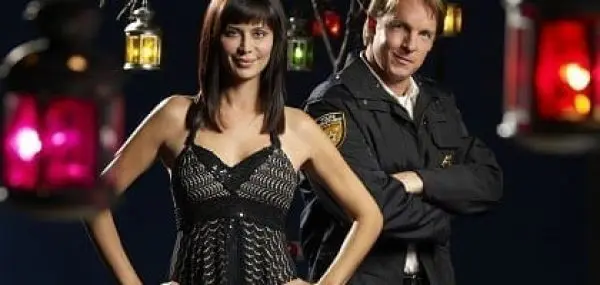Our generation may have first met her as the irrepressible teenage star of the 1990s sitcom Blossom—but Mayim Bialik has grown up, moved on to new careers and jobs (including starring in The Big Bang Theory), and is a parent to children approaching their own teen years. We recently chatted by email because Mayim was battling laryngitis. (How does she parent with no voice? Keep reading.)
Mayim Bialik: Big Bang Theory’s Star Talks About Raising Kids
Q: I heard you speak about attachment parenting when your children were younger—what does that look like as your boys get older?
Bialik: Well, since birth and breastfeeding and baby-wearing are not issues anymore, one of the most important parts of attachment parenting remains super important, and that’s called gentle discipline. It’s based on the idea that children—and adults!—are always trying to get their needs met, and violence, anger, and punishments don’t actually work; they just make kids afraid.
Q: Like most of us with tweens, are your kids embarrassed by you?
Bialik: From the second I open my eyes, they say I am doing something wrong! They say I sing too loud, walk funny, park weird, shop strange—you name it, and I can’t do it right by them!
Q: Do your kids know that “Mayim Bialik” is famous?
Bialik: They are starting to get it more this past year. They know I am stopped for pictures and autographs and that people stare at me, but they have only seen a few episodes of The Big Bang Theory when they have come to set to see a few run-throughs.
Q: You released a book for girls called Girling Up: How to Be Strong, Smart, and Spectacular. If girls get one take-away, what do you hope it is?
Bialik: Your strength is in knowing about your body, your brain, and your potential—you’re the best person to be in charge of you!
Q: Should parents encourage boys to read this book to learn about girls? Or should they read a different book specifically for boys?
Bialik: Boys can absolutely learn a lot from this book; the chapters on biology and nutrition and learning are gender-neutral for the most part. But, yes—there should be a book for boys—stay tuned.
Q: How can parents empower strong, smart girls while they also prepare them for the realities of life and a society that might label such qualities as “bossy”?
Bialik: Be realistic with them that not everyone will always like everything they do and say. And they may go against the grain, and it may not suit everyone. But that’s okay! Young women who stand up for themselves ultimately are going to do well as adults!
Q: You sometimes speak out about mental illness. Do you have suggestions for how parents can help destigmatize mental illness?
Bialik: Pointing out and learning about mental health is a great start. Stopping the use of “crazy” and “psycho” in teenage vernacular is important, and it’s something I make my boys be specific about. If they say someone was acting “crazy,” I tell them to describe behaviors and not use terms like that, which can mean so many things.
We also focus a lot on differences in all of us and how those with mental illness have different challenges but sometimes unique talents, too.
Q: You have laryngitis and have been unable to speak for a few weeks. We’ve got to know: How are you parenting without a voice?
Bialik: Haha not so well! I use a whiteboard. And my boys don’t appreciate it very much. My “stern looks” have gotten a lot more exercise for sure, as has our Netflix account.
